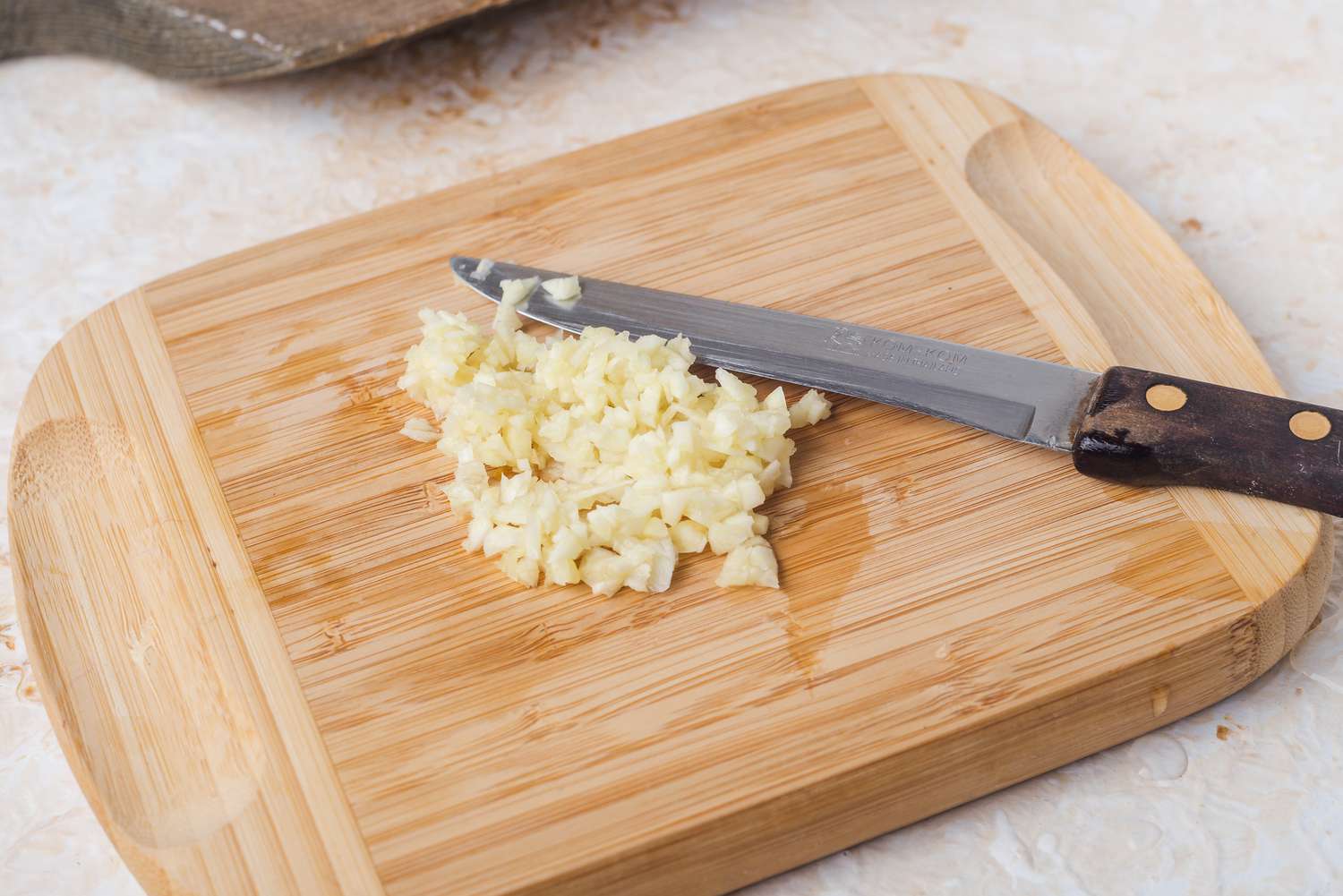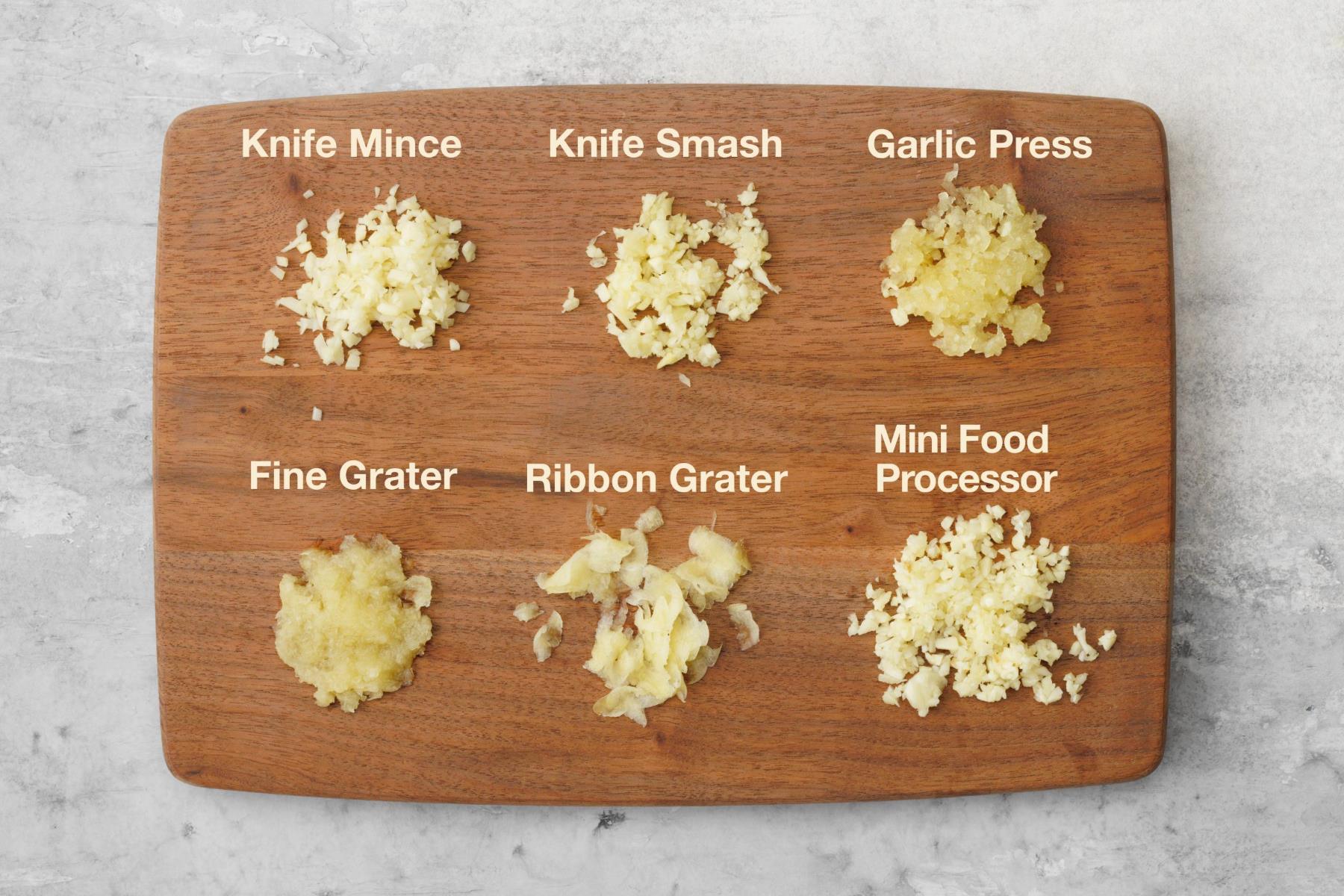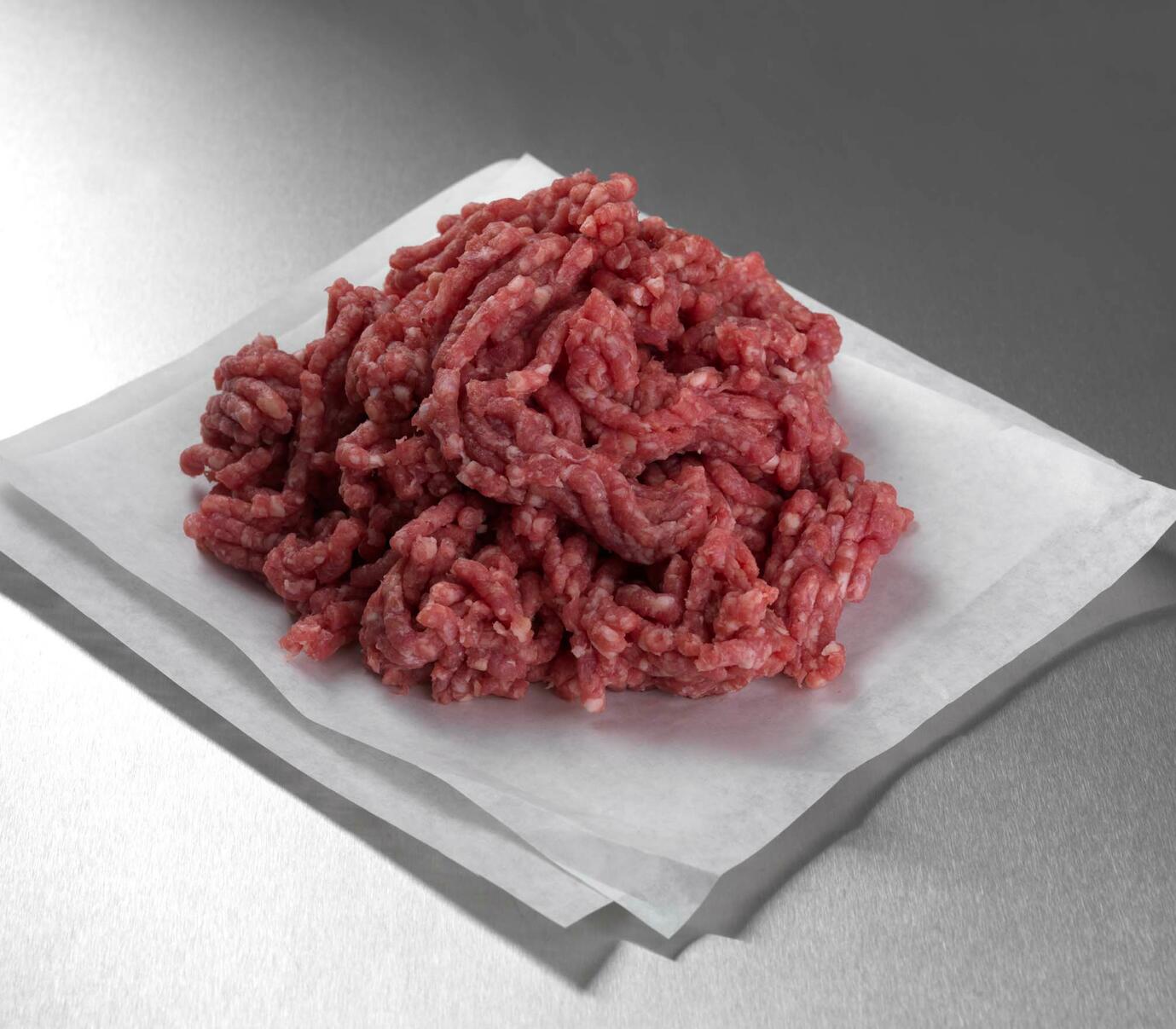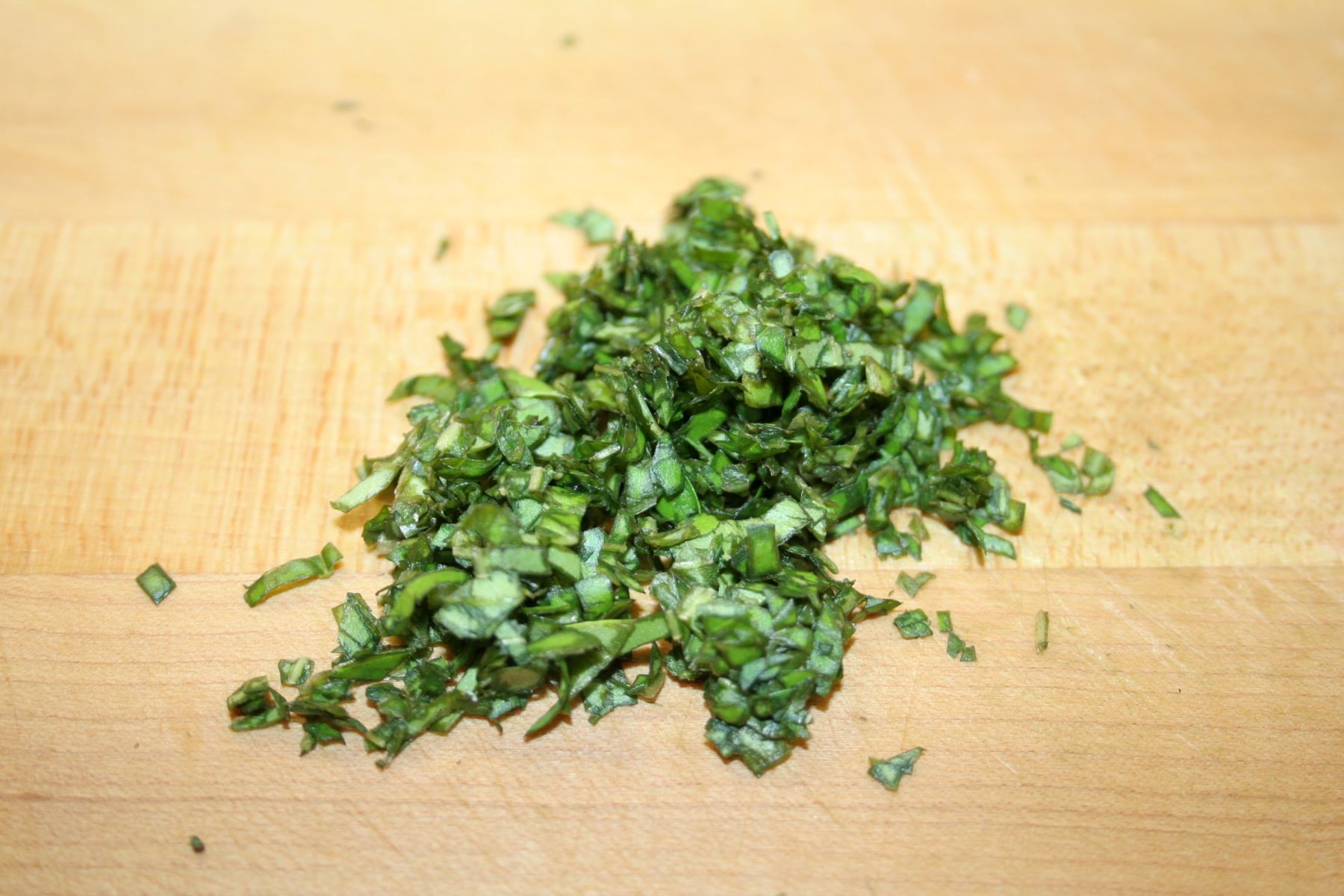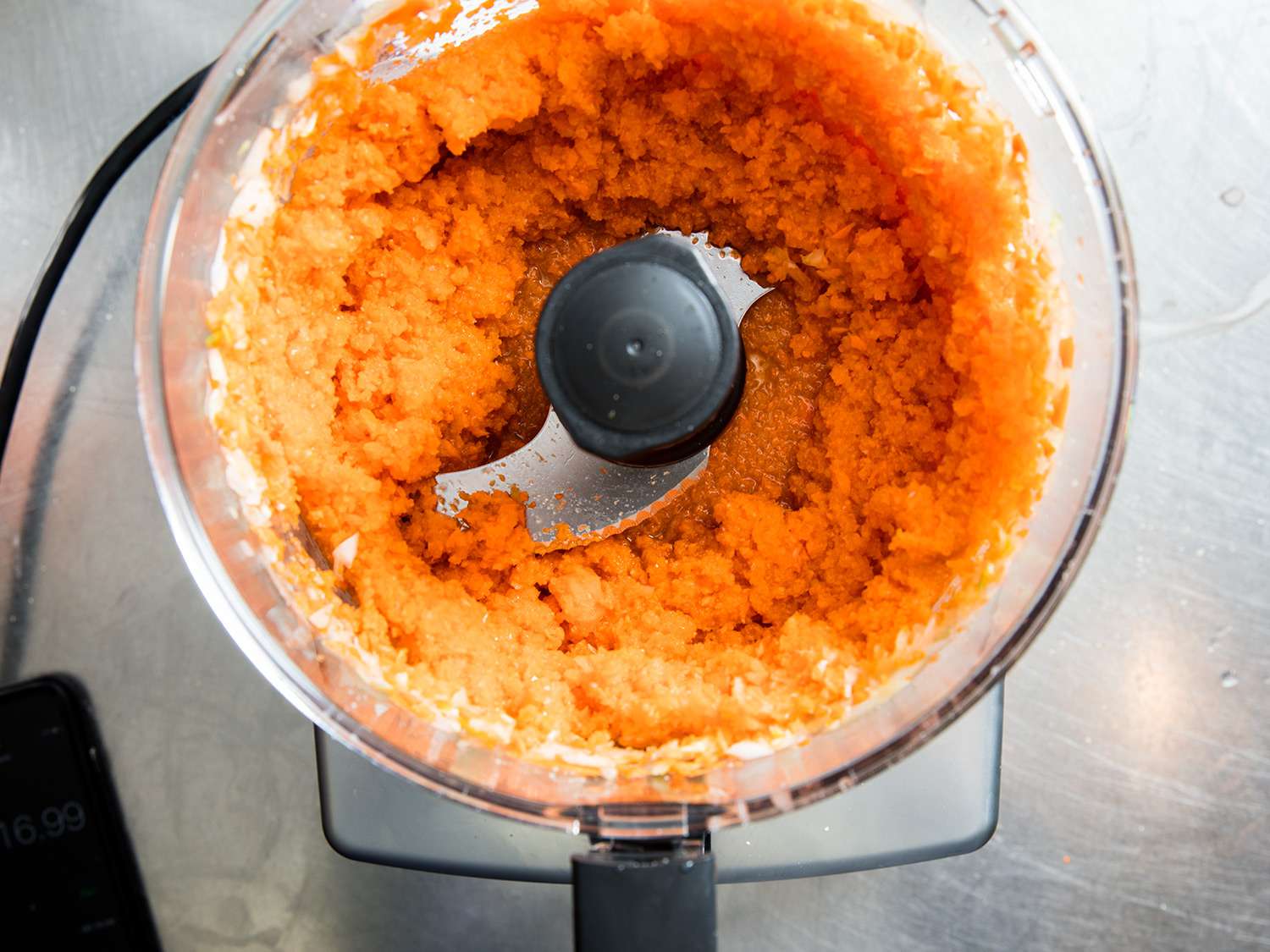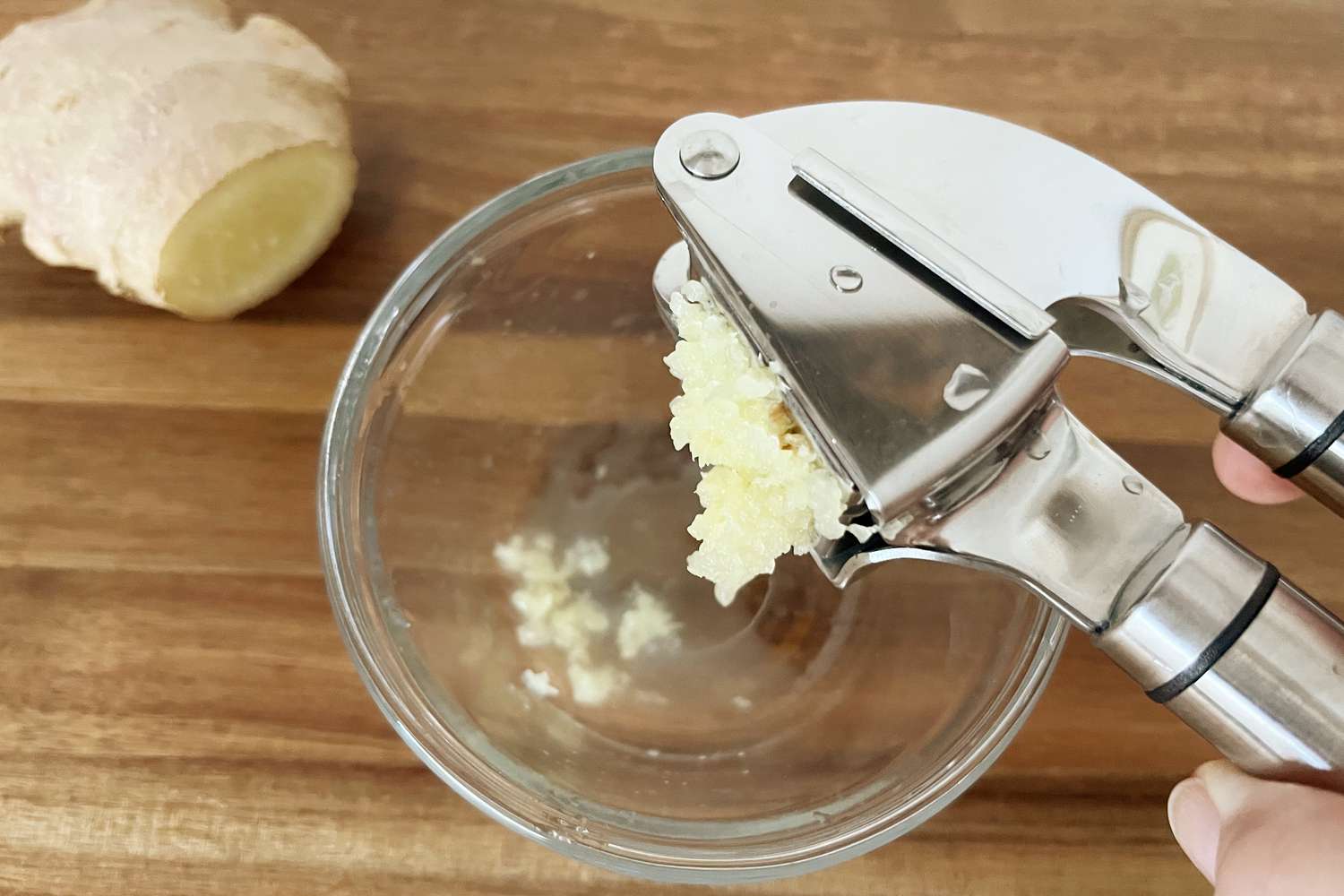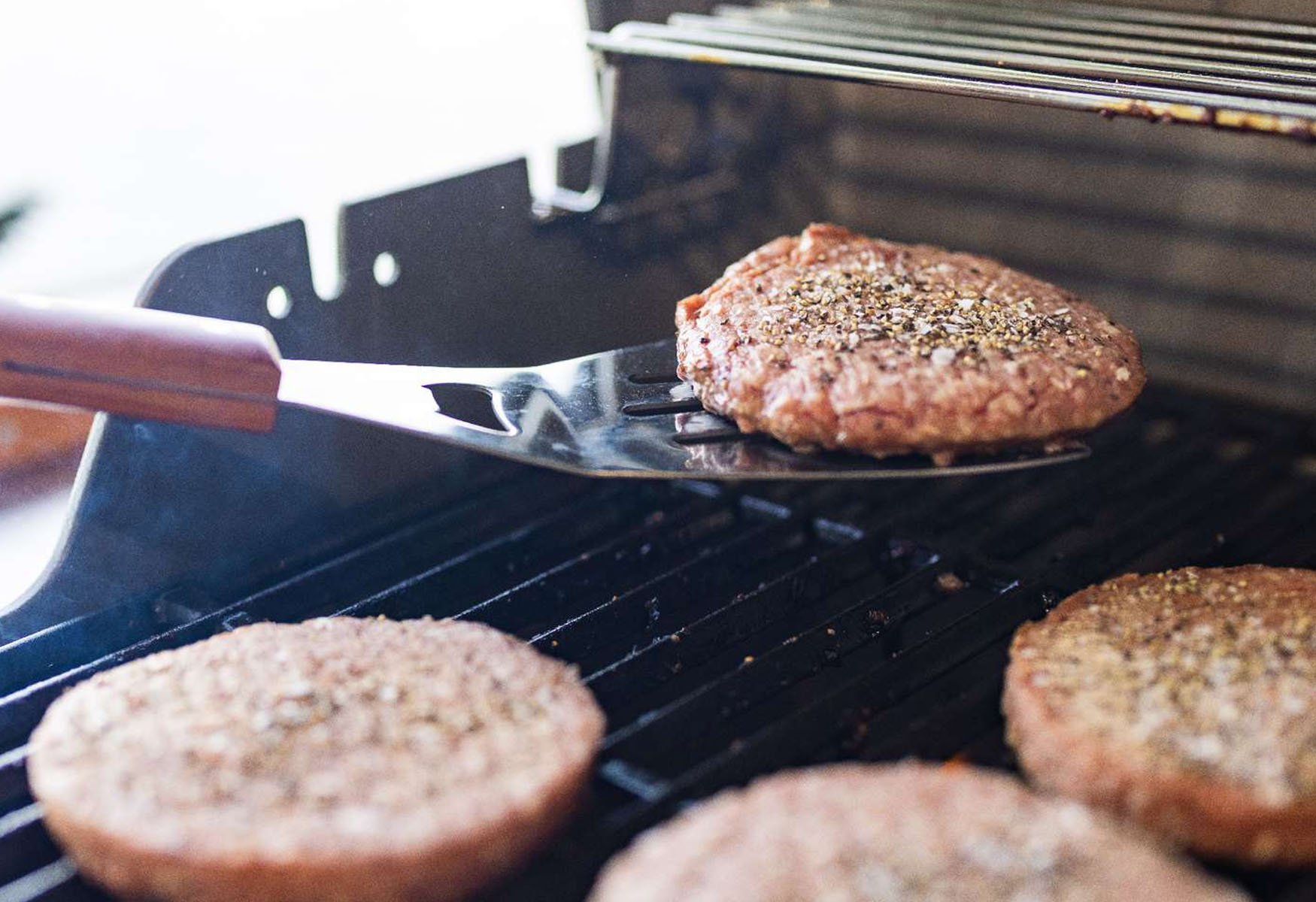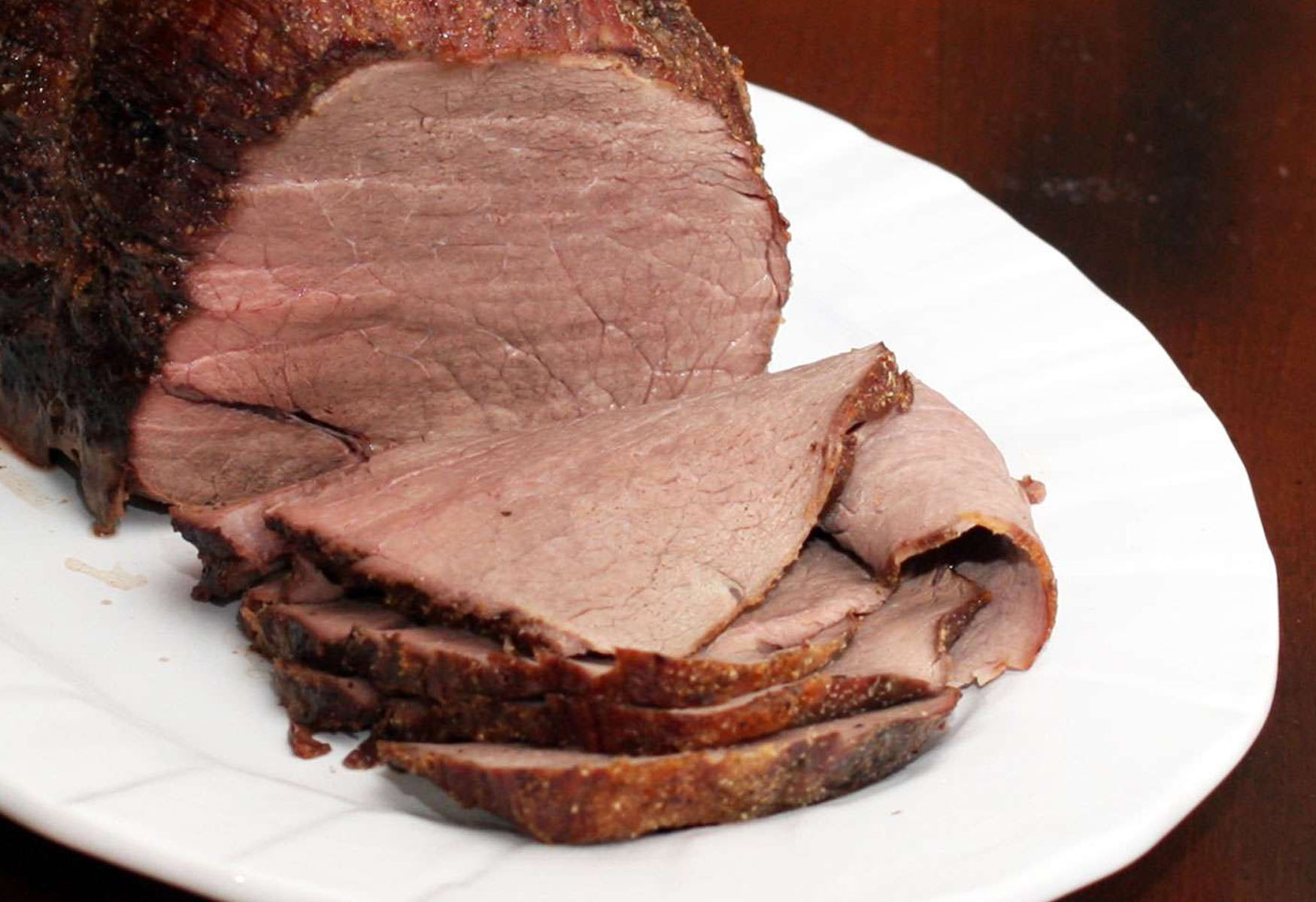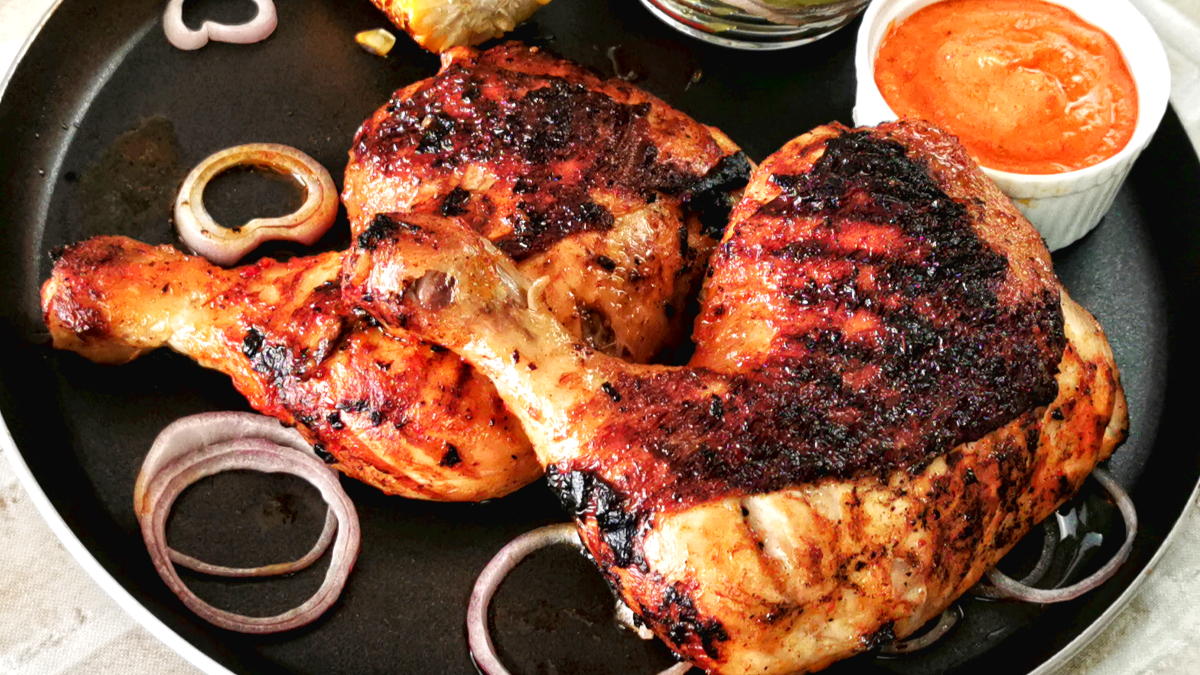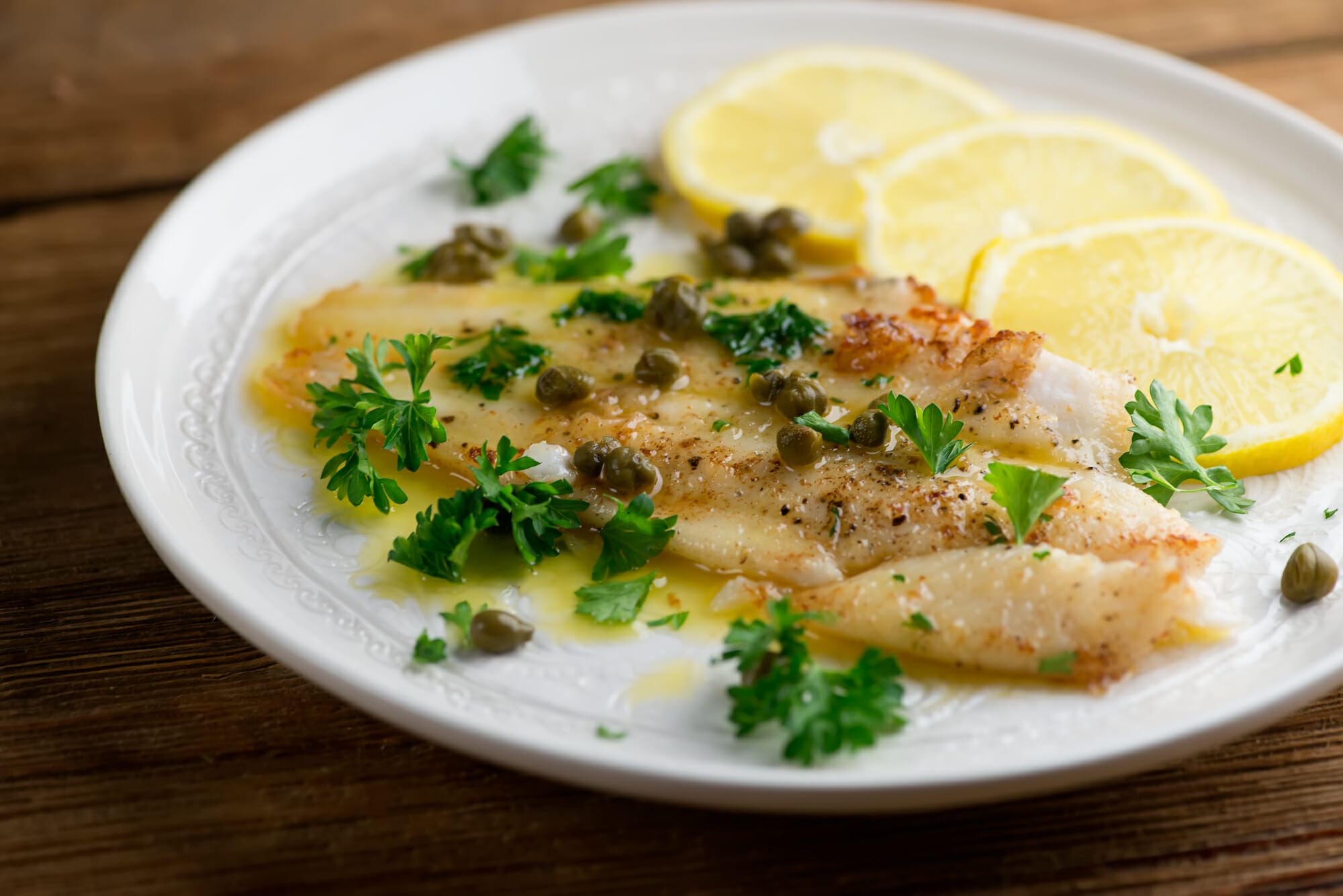Mastering the Art of Mincing Thyme Herbs
Thyme is a versatile herb that adds a unique flavor to a wide range of dishes, from soups and stews to roasted meats and vegetables. When it comes to incorporating thyme into your culinary creations, knowing how to properly mince the herb is essential. Mincing thyme herbs allows you to release their aromatic oils and infuse your dishes with a rich, savory flavor. In this guide, we’ll walk you through the steps to master the art of mincing thyme herbs like a pro.
Choose Fresh Thyme
Before you begin the mincing process, it’s important to start with fresh thyme. Look for thyme sprigs that are vibrant green in color and free from wilting or discoloration. Fresh thyme will yield the best flavor and aroma, enhancing the overall quality of your dishes.
Prepare the Thyme
Once you have your fresh thyme, it’s time to prepare the herb for mincing. Follow these simple steps:
- Hold the thyme sprig at the top with one hand and run your fingers along the stem in the opposite direction to remove the leaves.
- Discard the woody stems and gather the thyme leaves into a small pile.
Master the Mincing Technique
Now that your thyme leaves are ready, it’s time to master the mincing technique. Follow these steps to achieve finely minced thyme:
- Gather the thyme leaves into a tight pile on your cutting board.
- Using a sharp chef’s knife, rock the blade back and forth over the thyme leaves, applying gentle pressure to finely chop them.
- Continue chopping until the thyme leaves are finely minced to your desired consistency.
Enhance Your Dishes with Mincing Thyme
Once you’ve mastered the art of mincing thyme herbs, you can use this flavorful ingredient to enhance a variety of dishes. Consider adding minced thyme to the following recipes:
- Roasted chicken or turkey
- Vegetable sautés
- Homemade soups and stews
- Marinades for grilled meats
- Baked fish dishes
By incorporating freshly minced thyme into your cooking, you’ll elevate the flavors of your favorite recipes and impress your family and friends with your culinary skills.
Storing Mincing Thyme
After you’ve minced your fresh thyme, you may have some leftover. To ensure that it stays fresh for future use, consider the following storage tips:
- Place the minced thyme in an airtight container or resealable bag.
- Store it in the refrigerator for up to one week.
- Alternatively, you can freeze the minced thyme in ice cube trays with a little water for longer-term storage.
By properly storing your minced thyme, you can enjoy its fresh flavor in your cooking for weeks to come.
In Conclusion
Mastering the art of mincing thyme herbs is a valuable skill that can take your culinary creations to the next level. By starting with fresh thyme, perfecting your mincing technique, and incorporating the herb into a variety of dishes, you’ll unlock the full potential of this aromatic ingredient. Whether you’re adding minced thyme to a savory soup or a succulent roast, its rich flavor will undoubtedly leave a lasting impression on your taste buds. So, roll up your sleeves, grab your chef’s knife, and let the aromatic journey begin!
For those looking to put their newly acquired thyme mincing skills to good use, there are several recipes that will offer a delightful experience. They can try the Herb-Crusted Pork Tenderloin, where the minced thyme adds a fragrant crust to the tender meat. Another excellent choice is Mushroom and Thyme Risotto, where the thyme complements the earthy mushrooms beautifully. The Garlic and Thyme Roasted Chicken is perfect for a comforting meal, with the thyme infusing the chicken with rich flavors. For something lighter, the Lemon and Thyme Baked Salmon brings a refreshing zest to the dish. Lastly, the Classic Beef Stew with Thyme is ideal for those who love hearty, warming meals, with thyme adding depth to the stew's robust flavors.
